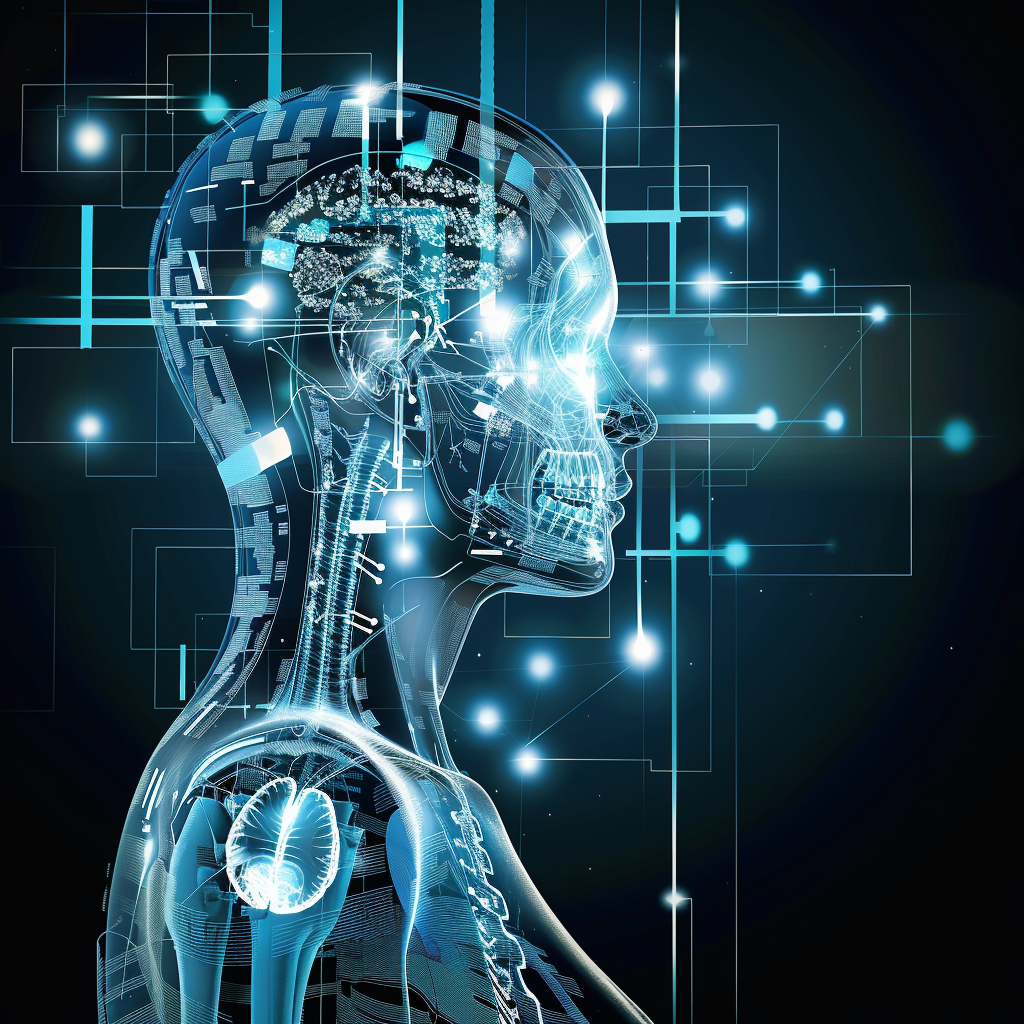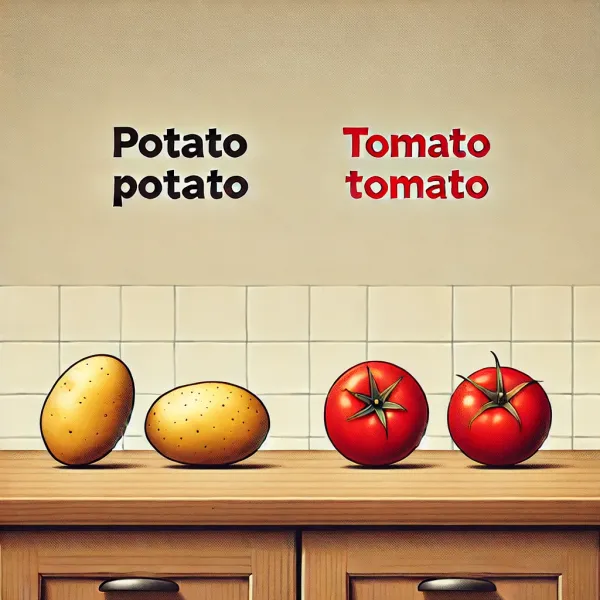Polaris - the future of medicine?

The medical world has developed Polaris, an AI tool. It takes large data sets and then goes about trying to predict the future.
It is your future that it is predicting, so we should all pay attention.
The last few years have witnessed an explosion in AI tools that automate effort. Most of us have probably used ChatGPT to answer questions.
Using language models, the tool can understand what you are asking and then search its database to seek answers.
It was only inevitable that the lens would turn to the medical world.
If I use my own example of what we do on a microscale, it may make it simpler to understand.
Say I met someone. The person started narrating facts. My blood pressure is low, my energy is low, I feel faint, I feel sleepy, and so on.
Each of these facts triggers an avalanche in my head. The avalanche is a trigger or prior knowledge of what these facts mean or indicate.
Within a few minutes, it is not difficult to comprehend what has happened. An "expert" would get it right, say 70% of the time.
Polaris would soon be able to get this right every time.
The difference is in the ability to absorb information. The ability lies in the ability to analyze information and detect patterns.The most crucial skill is the ability to be recursive.
Being recursive means having the ability to learn in an endless loop.
At least currently, human beings cannot match the speed at which computers can be recursive.
That means computers or AI will get much better at making predictions about what has happened to you.
In my personal opinion, that is a wonderful future, and here is why.
For an extended period, the medical field primarily focused on repairing existing issues. It was good for emergencies.
But using predictive capacities, we can anticipate what might happen well before it does. As the saying goes, "prevention is better than cure," and AI will soon help us get there.
Reach out to me on twitter @rbawri Instagram @riteshbawriofficial and YouTube at www.youtube.com/breatheagain






